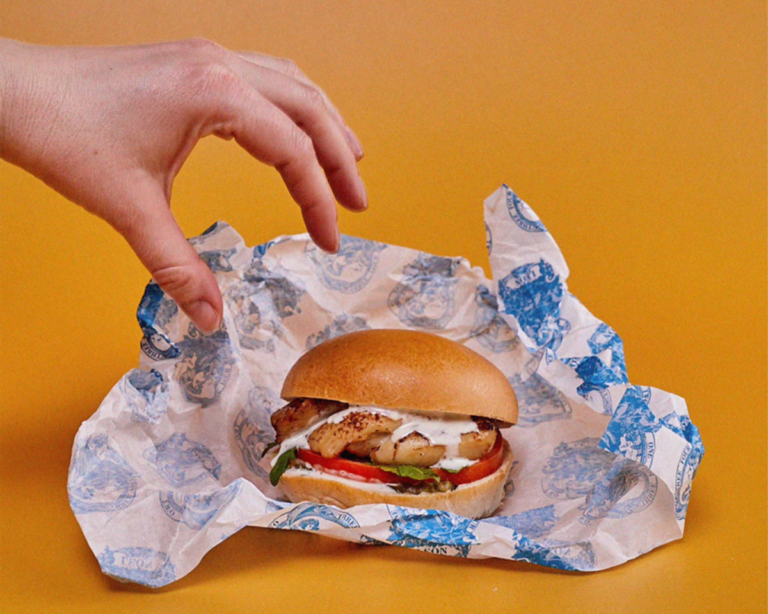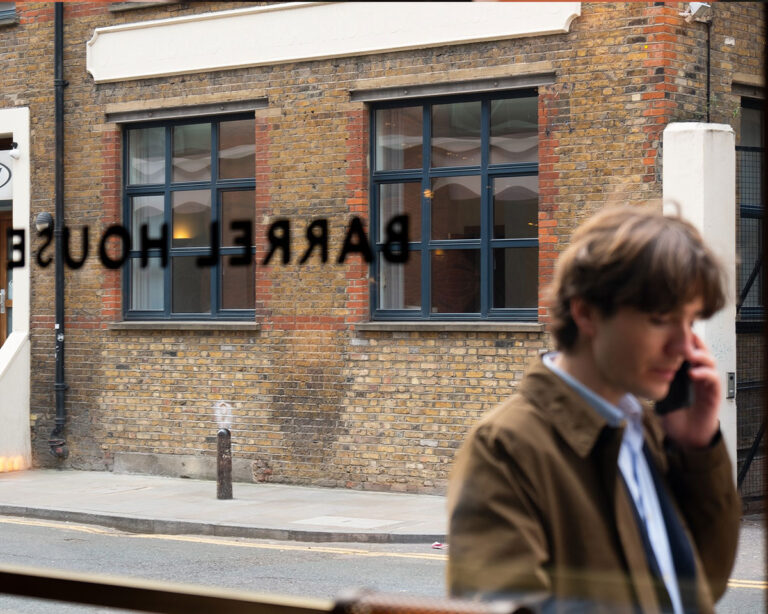Insights
Behind the Work → Canvas
Co-working for serious scaleups
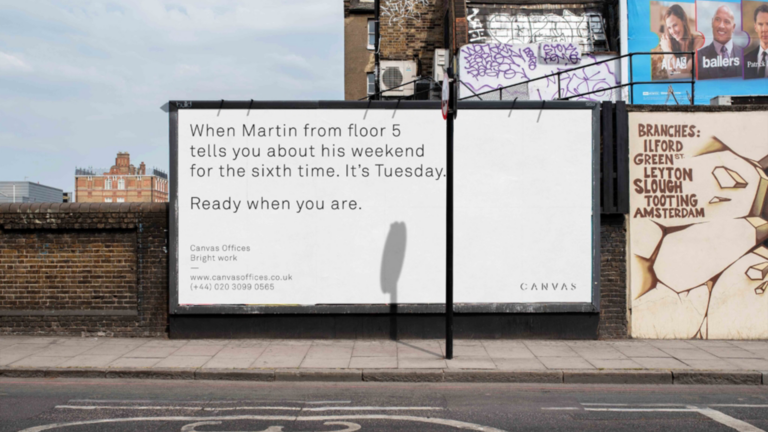
Research & Insight
Activities: Desk research, venue observation, digital audit, team member interviews, customer interviews
We encountered a fast-growing business, created in the image of its founders.
Like many operations at a similar point of maturity, Canvas – or RNR properties as it was known at the time – had not codified their brand. No guidelines, no documented strategy. With the founders now taking on roles beyond the day-to-day, they were in danger of losing the tenets that had led to their success.
Canvas’ role is one of facilitator, enabling their tenants to grow their businesses with space and service. Unlike the oft-referenced co-working ventures, Canvas’ model supported scale-ups, not startups; those taking on their first ‘proper’ office.
Interviewees were quick to note that stepping into a new office – and breaking away from the yoke of a WeWork or similar – was a momentous occasion. The first time they’d seen their name on the door. The first time they felt like they’d really made it.
Canvas’ appeal was clear: Flexible tenancies in tailored spaces, full of natural light in prime locations on well-known streets in Central London. Unlike WeWork, there were no platitudes paid to ‘community’, no celebration of sophomoric, startup culture and no glass-panelled boxes in noisy, mixed-use towers.
Equally, Canvas couldn’t compete with 6 months free rent or national advertising campaign to draw in new tenants.
We reviewed a wide range of competitors from within the sector and adjacent models, including co-working companies, serviced & managed office providers, real estate agents, members clubs and gyms; the goal to understand how to communicate the value of space and maintain ‘membership’ to what-is-essentially a subscription service.
The landscape, like many industries, is also packed with aggregators attempting to homogenise inventory and a growing series of competitors. Canvas had grown during a bull market and were investing in protecting their growth once the market inevitably declined.
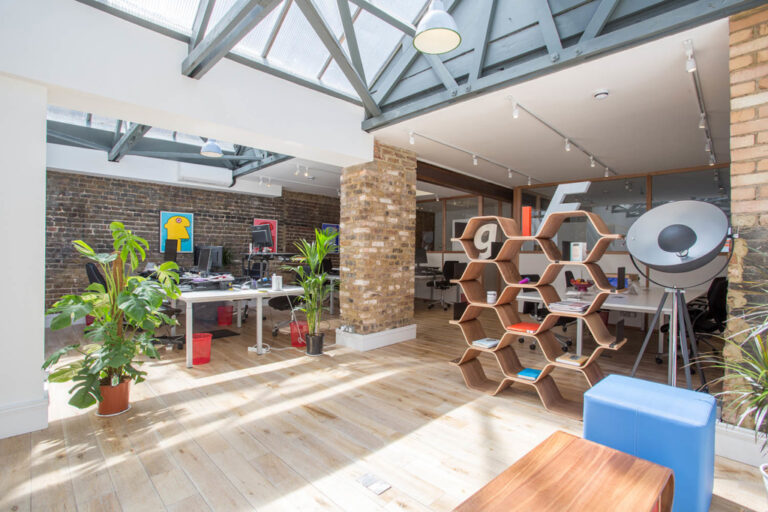
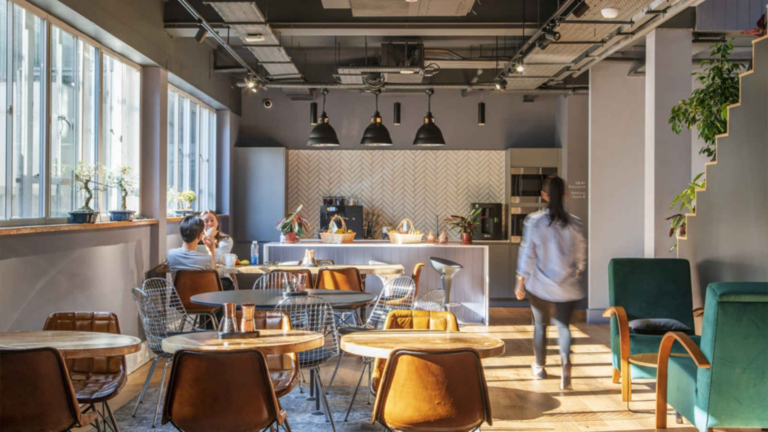
We began with naming the business for the long-term, marking the transition to a serious, investible performer.
Reviewing the landscape made it clear we should avoid universal terms such as ‘pad’, ‘space’ or ‘work’ in the title to stand out. ‘Canvas’ suggested both an opportunity for tenants to draw their own future and position Canvas as the backdrop for an infinite number of prospective partners and clients.
Every element of the brand was based on this premise: Confident but self-effacing.
We paid particular attention to the streets Canvas manage properties. Oxford Street, Shoreditch High Street, Luke Street, Rivington Street, Brick Lane – each denoted a story and a sense of the brand that further description could not.
Canvas’ model relies on limiting churn; their inventory is perishable, expiring every day they don’t fill spaces. And, to be successful as they scale, Canvas needs to be top of mind when the target market is looking for a new space – something that often arrives suddenly and is powered by word of mouth.
Much of the application has focused on how to retain current tenants, ensuring they feel catered to, free to express themselves and have full visibility of other spaces across the estate that may satisfy their growth and ambitions. The tone is aspirational and grown up in the vein of the shared emotion of the team’s entering Canvas’ spaces.
